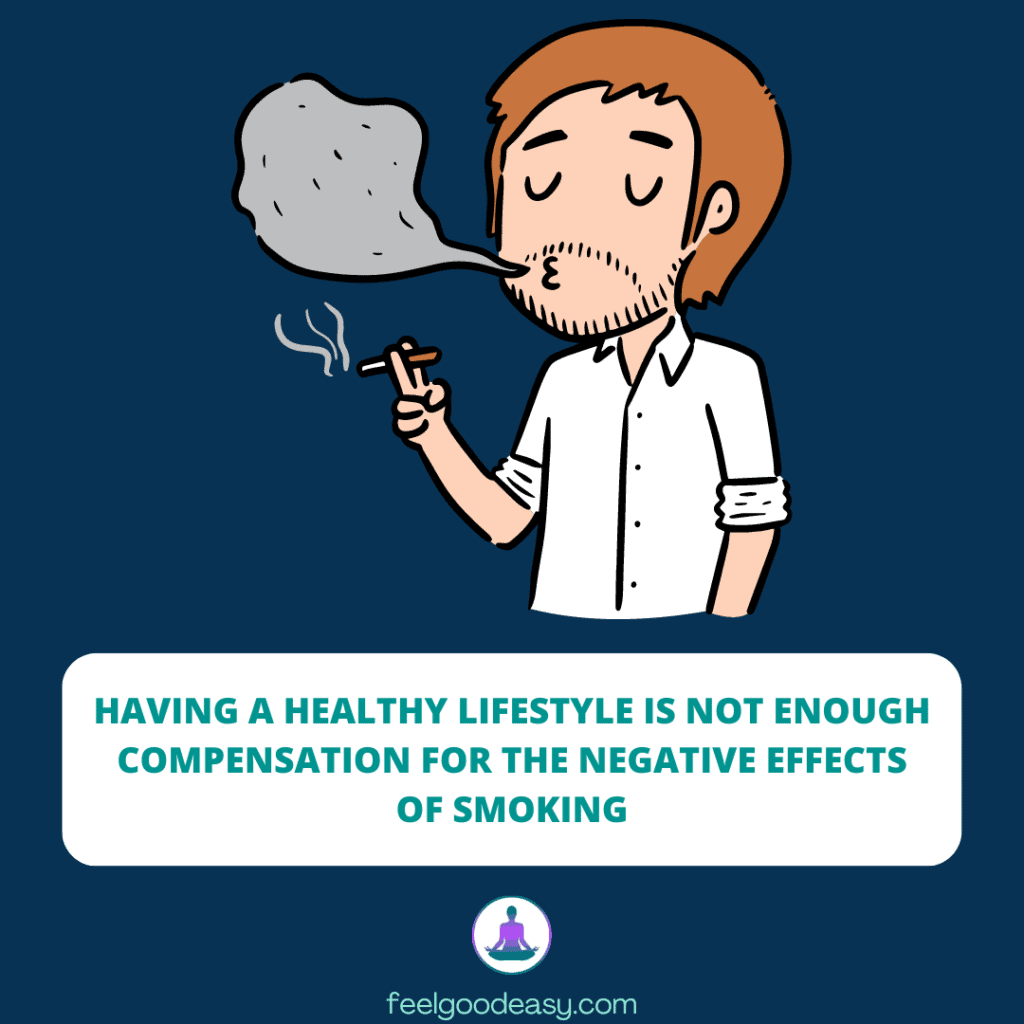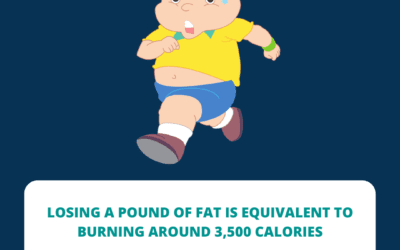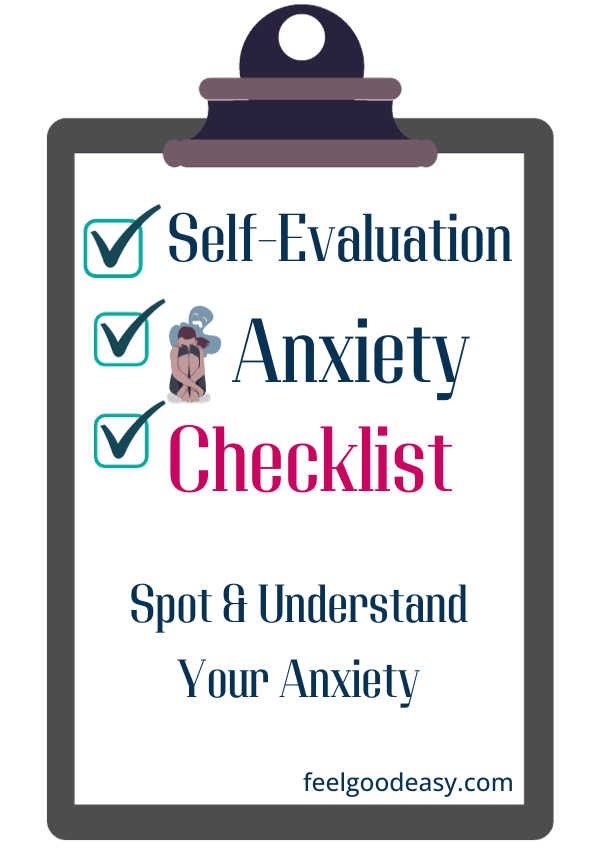
Having a healthy lifestyle is a crucial component of overall well-being and can provide numerous benefits to physical and mental health. However, when it comes to smoking, even the healthiest of lifestyles cannot compensate for the negative effects that this habit has on the body and mind.
Smoking is a leading cause of preventable death and disease, causing a wide range of health problems, including heart disease, cancer, stroke, and respiratory disease. These conditions can have a profound impact on a person’s quality of life, and in many cases, they are life-threatening.
Despite the well-known risks associated with smoking, many people believe that maintaining a healthy lifestyle can compensate for the negative effects of this habit. This belief is based on the idea that engaging in physical activity, eating a healthy diet, and avoiding other health risks can offset the damage caused by smoking. However, the reality is that smoking is such a potent risk factor that it cannot be compensated for by healthy living alone.
In fact, research has shown that even smokers who engage in regular physical activity and maintain a healthy diet are still at higher risk of developing heart disease and other smoking-related conditions. This is because the toxic chemicals in tobacco smoke cause damage to the body at a cellular level, and this damage cannot be undone by a healthy lifestyle.

Moreover, while a healthy lifestyle can help to reduce the risk of certain health problems, it cannot guarantee a smoke-free life. For example, secondhand smoke can still expose non-smokers to the harmful chemicals in tobacco smoke, even if they maintain a healthy lifestyle.
In conclusion, while a healthy lifestyle is an important component of overall well-being, it cannot compensate for the negative effects of smoking. To truly protect your health and reduce your risk of smoking-related diseases, quitting smoking is the best course of action. By quitting smoking and maintaining a healthy lifestyle, you can give yourself the best possible chance of living a long and healthy life.
If you are struggling to quit smoking, there are many support groups available to help you. Your healthcare provider, local community center, or quit-smoking hotline can provide information and guidance to help you quit for good.






0 Comments